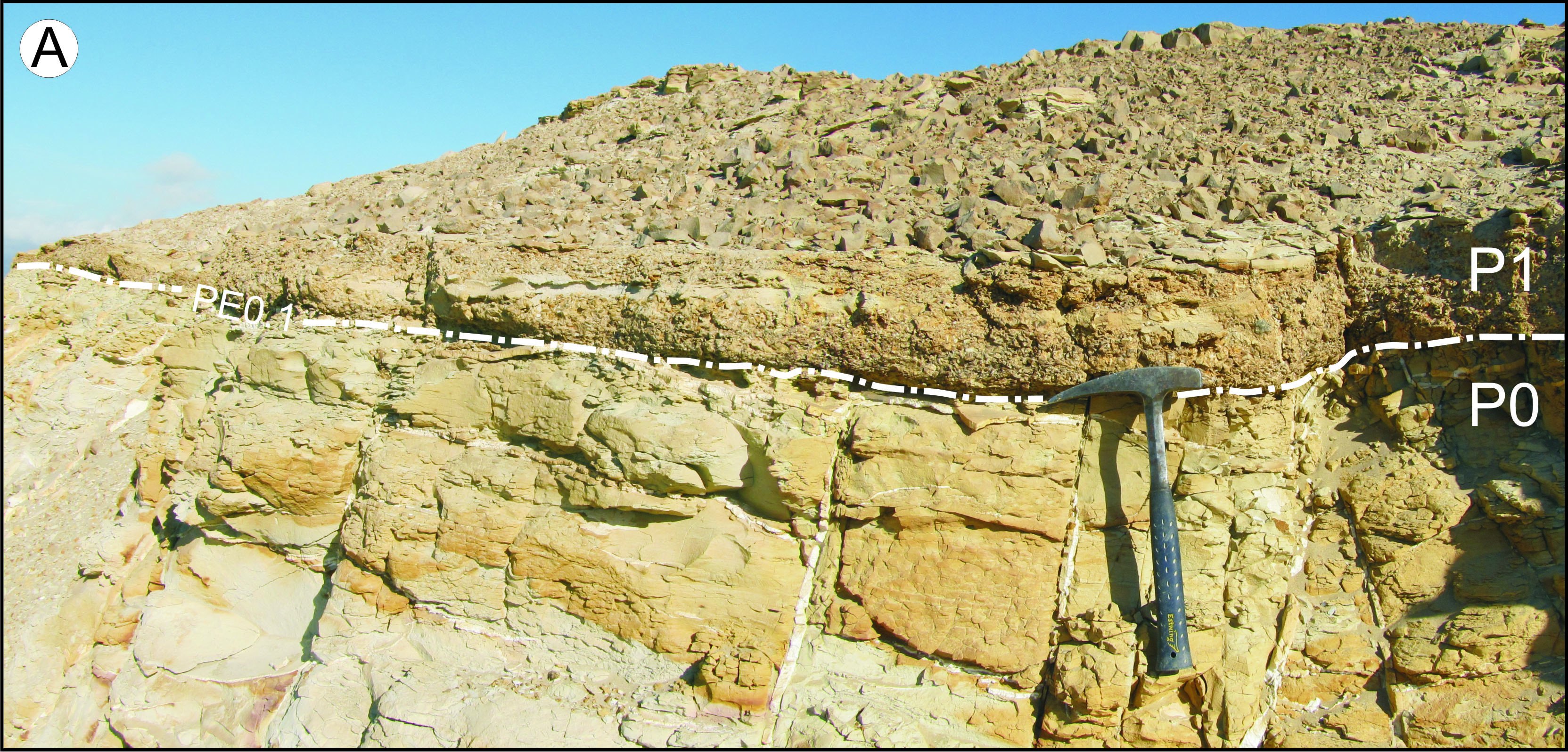SEQUENCE STRATIGRAPHY AND PALEONTOLOGY OF THE UPPER MIOCENE PISCO FORMATION ALONG THE WESTERN SIDE OF THE LOWER ICA VALLEY (ICA DESERT, PERU)
DOI:
https://doi.org/10.13130/2039-4942/8373Abstract
The sequence stratigraphic framework and a summary of the fossil fauna of the upper Miocene portion of the Pisco Formation exposed along the western side of the Ica River (southern Peru) is presented through a new geological map encompassing an area of about 200 km2 and detailed chronostratigraphic analyses. Extensive field mapping and sedimentological study of outcrop sections have shown that the Pisco Formation is a cyclical sediment unit composed of at least three fining-upward, unconformity-bounded depositional sequences, designated P0, P1, and P2 from oldest to youngest. In the study area, these sequences progressively onlap a composite basal unconformity from southwest to northeast. Integration of biostratigraphic and tephrochronologic age determinations constrains the ages of the three Pisco sequences within the study area. Based on the age of surrounding sediments, a conservative estimate of the age of P0 suggests deposition of these strata between 17.99 ± 0.10 Ma and 9.00 ± 0.02 Ma, whereas diatom biostratigraphy and calculated 40Ar/39Ar ages converge to indicate that strata of the P1 sequence were deposited sometime between 9.5 Ma and 8.9 Ma and that those of the P2 sequence are younger than 8.5 Ma and older than 6.71 ± 0.02 Ma. Our survey for both vertebrate and macro-invertebrate remains in the three sequences confirms the outstanding paleontological value of the Pisco Formation and contributes to depict regional faunal shifts in the fossil assemblage.
Downloads

Downloads
How to Cite
Issue
Section
License
The journal allow the author(s) to hold the copyright without restrictions.
Accepted 2017-05-04






